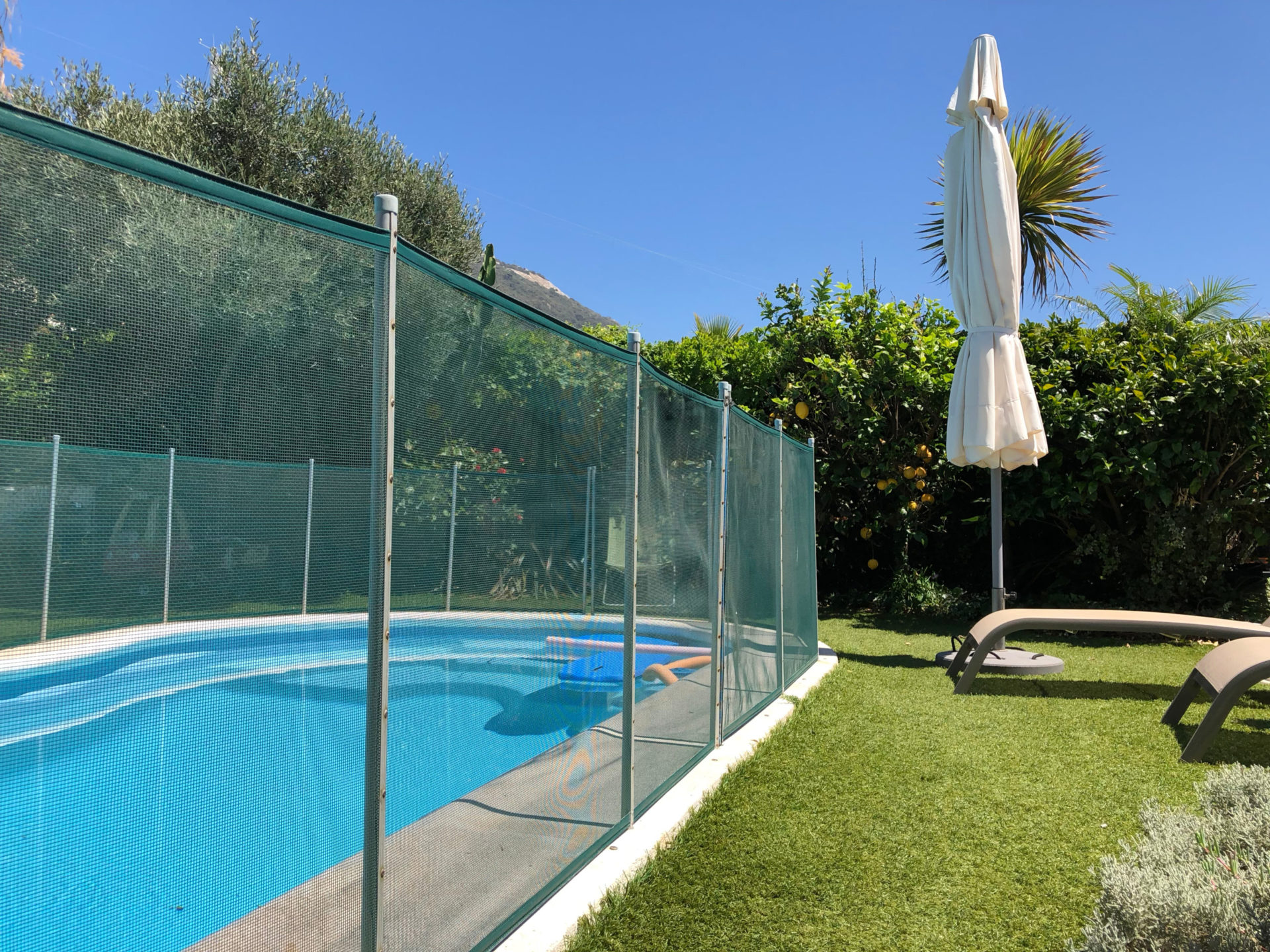
An Essential Guide to Swimming Pool Electrical Safety
It’s no secret that water and electricity don’t mix, but if you have a pool in your backyard, there could be some hidden electrical dangers lurking. Using an experienced licensed electrician is vital when it comes to swimming pool electrical safety, however, it’s easy to become complacent or simply be unaware of the risks. Faulty wiring, stray cords or a lack of a storm safety plan could be putting yourself and your family at risk of injury, electrocution or even death. That’s why we’ve put together this essential guide to swimming pool electrical safety. Want to learn how to stay safe? Keep reading to find out more.
Keep all electrical devices clear
As you already know, water and electricity together spell disaster, so it’s important to take extreme care if you have electrical equipment set up in the pool area. Playing music during a family barbeque might help, but all it takes is someone brushing past and knocking a radio or speaker into the pool to put a current of electricity into the water. Once the water is energised, touching a metal pool ladder can cause electrocution or other serious injuries. The best course of action is to keep electrical devices at least 2 metres away from the edge of the pool or just leave them inside the house altogether! Alternatively, you can invest in electrical equipment specifically designed to be used in wet areas such as waterproof Bluetooth speakers and AM/FM radios.
Practice storm safety
The sound of rain on the water may be soothing, but it’s vital you don’t use your pool during a storm. The chance of being struck by lightning are slim, but not impossible. If lightning were to strike in the water, it would produce an electric current just as dangerous as an electrical device or faulty pool light. The best course of action is to practice good storm safety and enjoy the rain indoors.
Watch out for wiring
Underwater lights in the pool are a great functional and design choice for any outdoor pool. However, incorrect installation or general wear and tear can turn pool lights into an electrical safety risk. Cracks or defective seals can leave wires or the light blub exposed. Once the water comes into contact with faulty lights, your pool becomes energised and turns into a serious safety risk. To minimise the danger of faulty pool lights, make sure you conduct regular checks for defects and familiarise yourself with the wiring system, i.e how long since installation and if the wiring is up to code. Simple checks like this can catch pool electrical safety issues before they become fatal.
Avoid extension cords
Cooling off in the water is the cornerstone of summertime fun in Australia. But all it takes is a stray splash or drips from someone’s board shorts to create an electrical danger. That’s why Another cardinal rule of electrical pool safety is never using extension leads or and cords near the water and opt for battery-operated appliances where possible (at a safe distance of course). Eliminating the use of cords around the pool area will reduce the risk of electrical dangers as well as tripping hazards.
Education is key
Swimming and playing in the pool is the highlight for almost all Australian kids during the summer, and blaring their favourite music or having the television running in the background only adds to the fun. However, educating kids about electrical safety at a young age is vital for reducing the risk of injury or even death. It’s important they understand why electrics and water don’t mix and the safest way to use devices around the pool. You should also educate them about what impending electrocution feels like on the body – tingling, inability to move or muscle cramps. If they experience any of these sensations, make sure they exit the pool immediately without using a metal ladder. Being aware of swimming pool electrical safety doesn’t mean eliminating the fun from swimming, it just requires and education and preparation.
Have an emergency power plan
As you know, blackouts and power outages are a part of life. If a blackout is caused by storm damage or fallen power lines, it’s important to turn your power off to prevent damage from unexpected surges. The same goes for the power supply to the pool, so it’s essential you know where the electrical switches and circuit breakers are located in order to turn them off in an emergency.
There are steps you can take to practice swimming pool electrical safety and reduce the risk of injury or electrocution, but you should always rely on the expertise and advice of a licenced electrician when it comes to electricity in your home. The team at All Electrics prides itself on delivering high-quality service at an affordable price. To learn more, contact us today for a quote on your next job.

